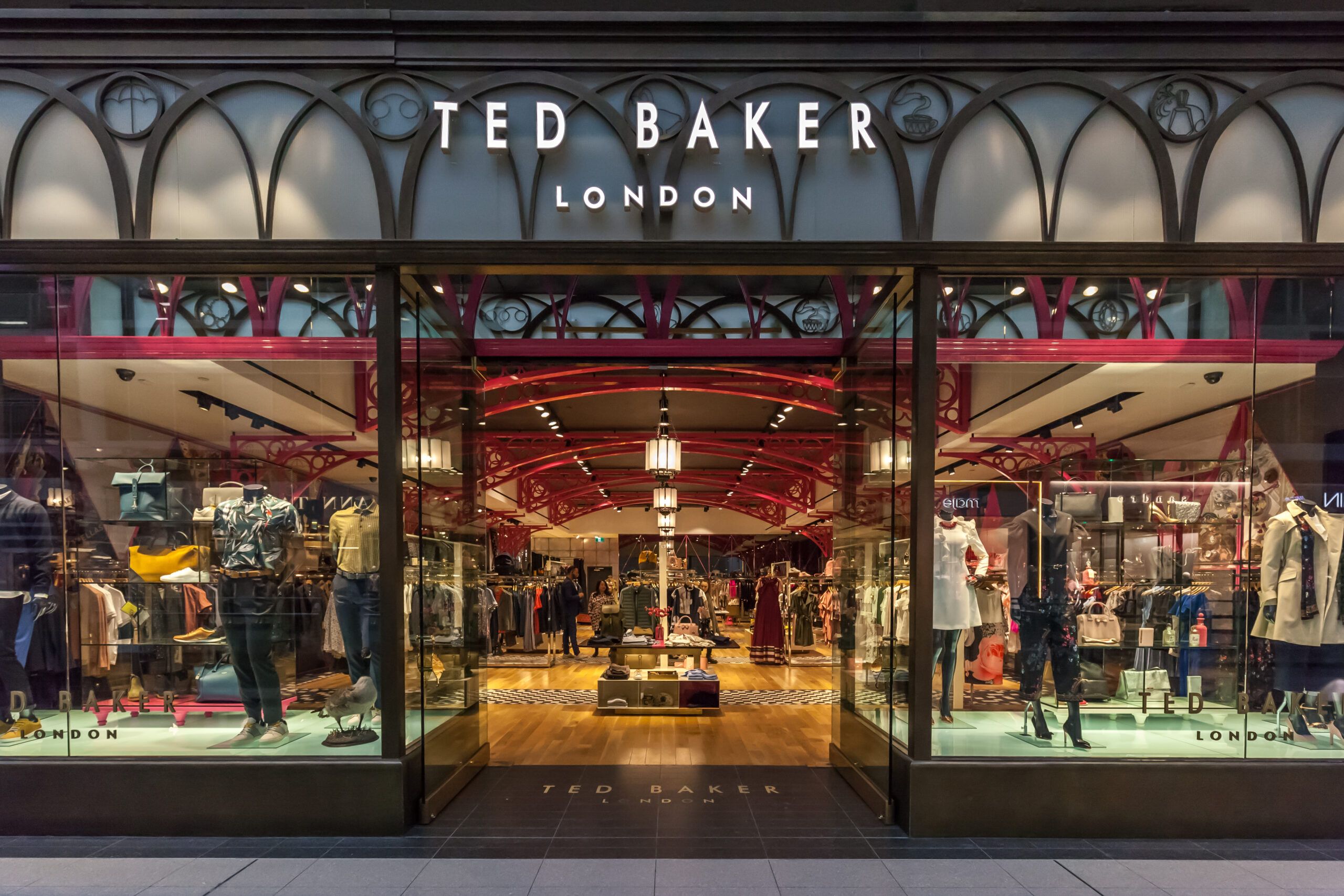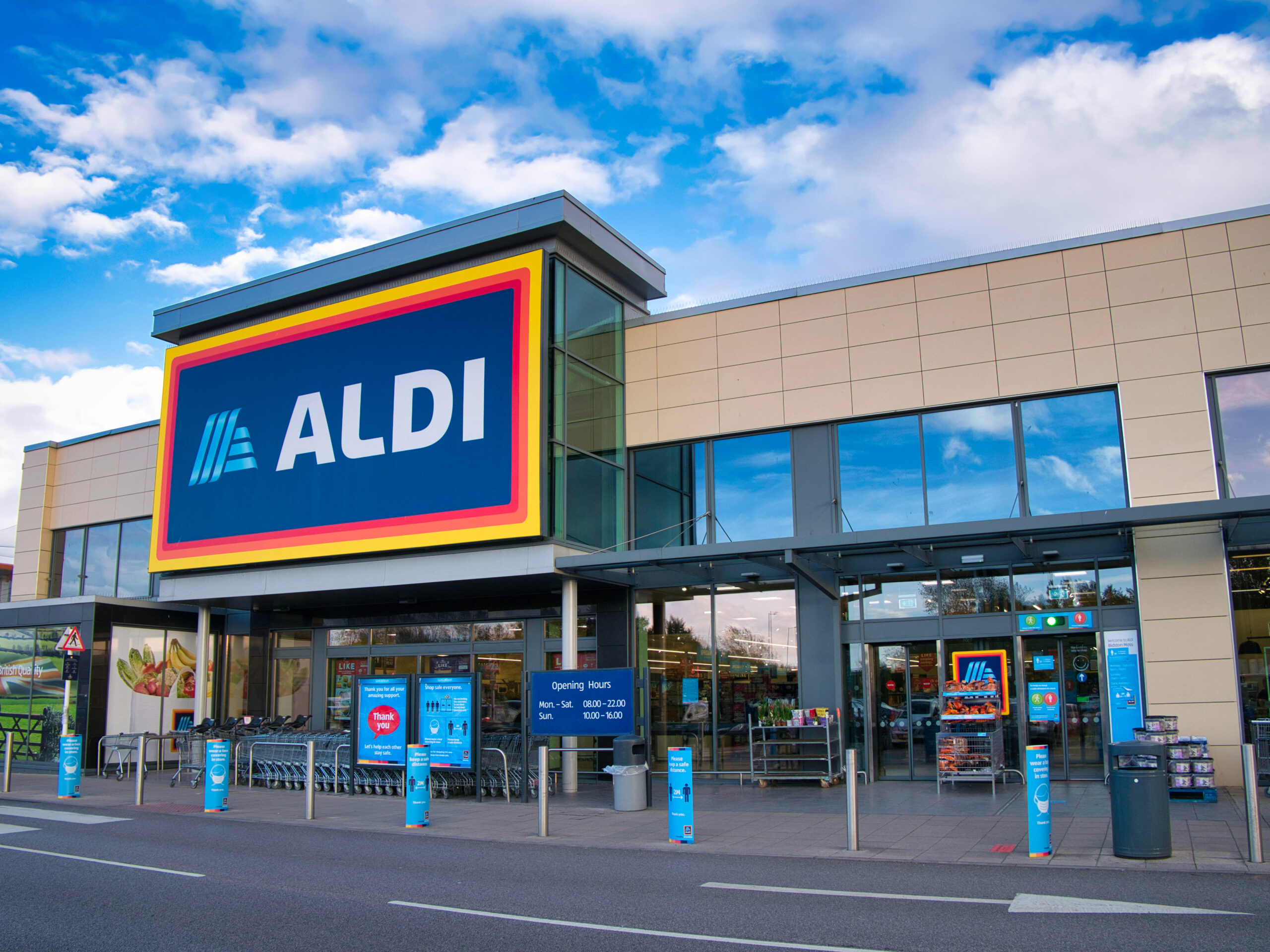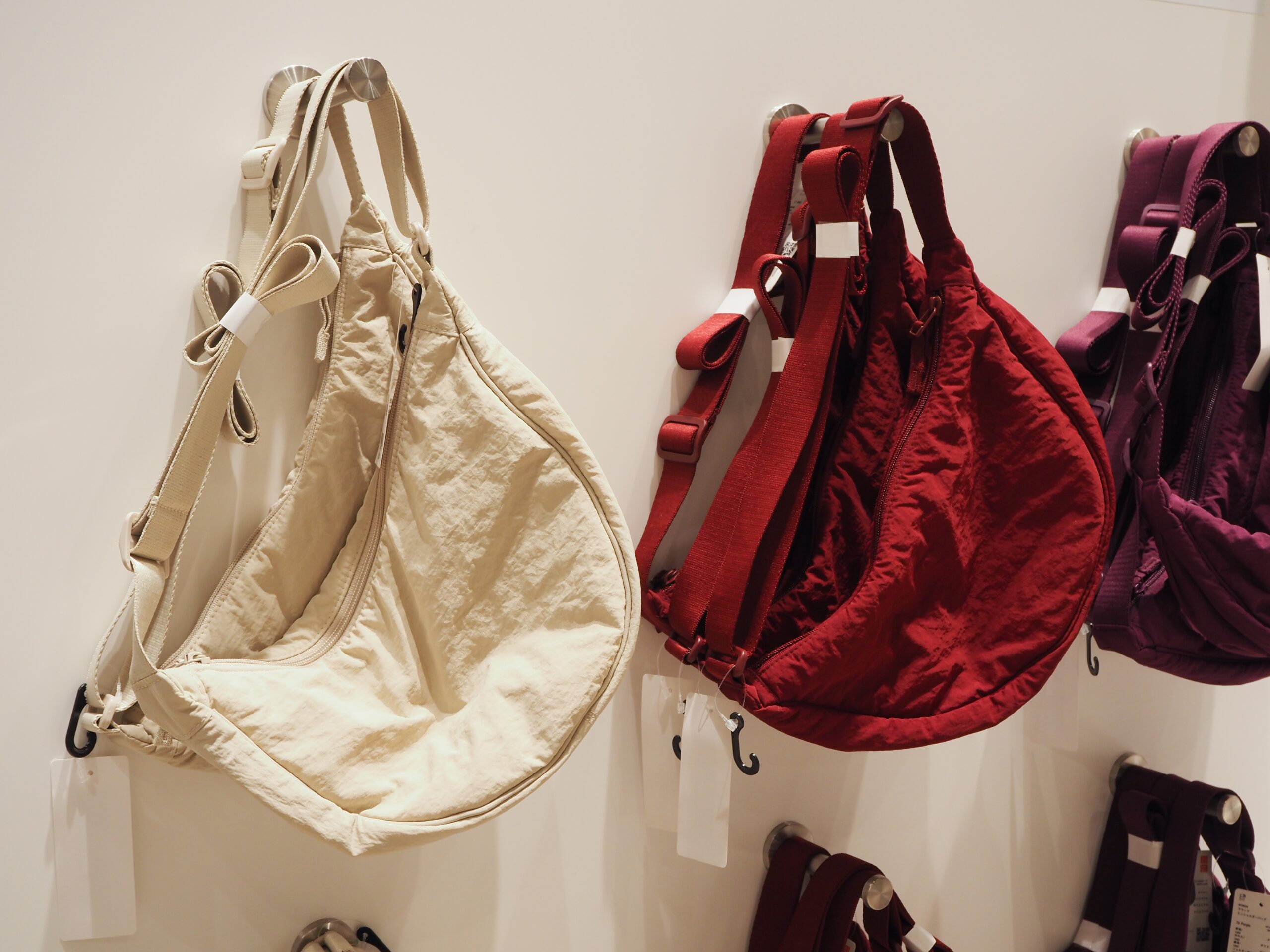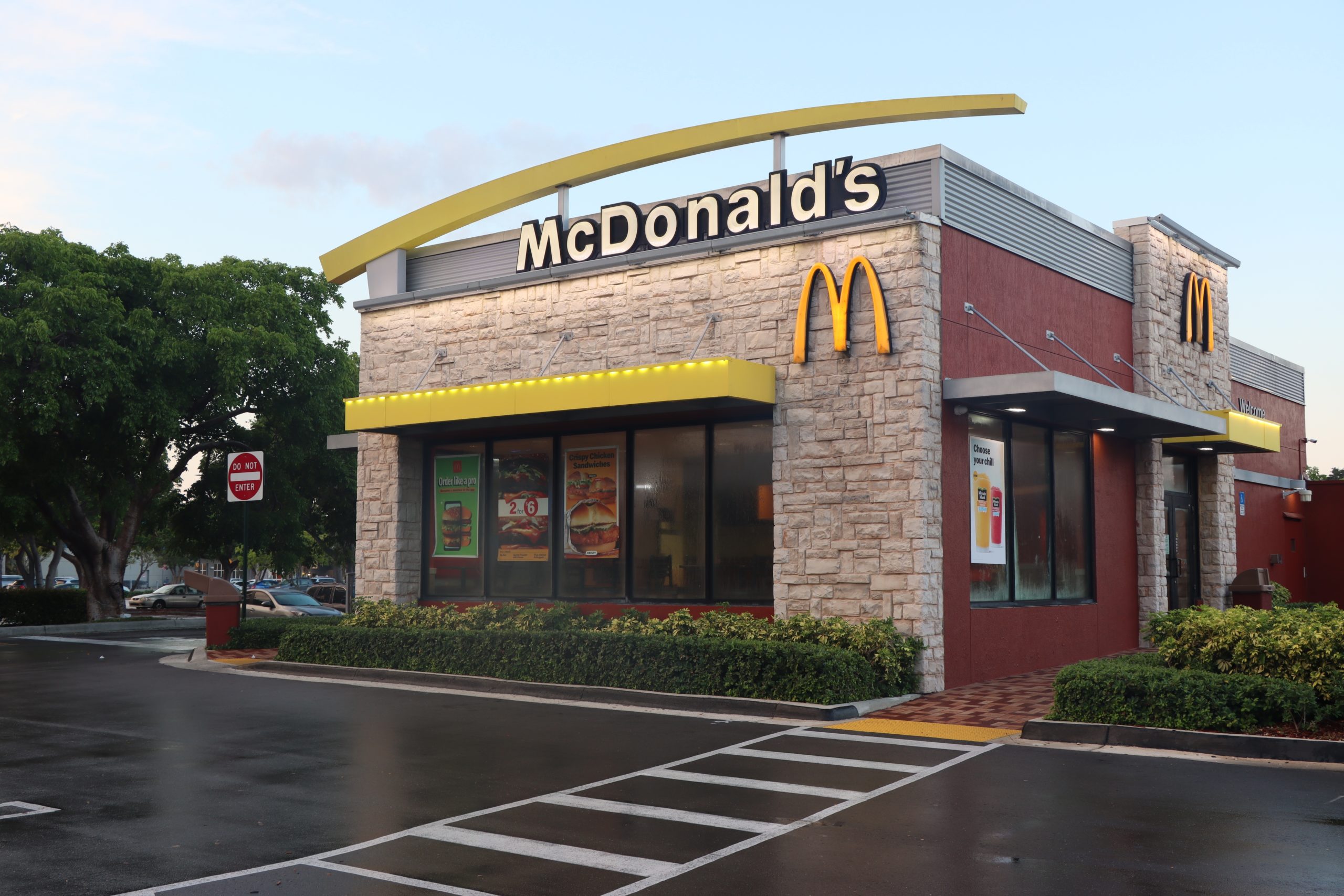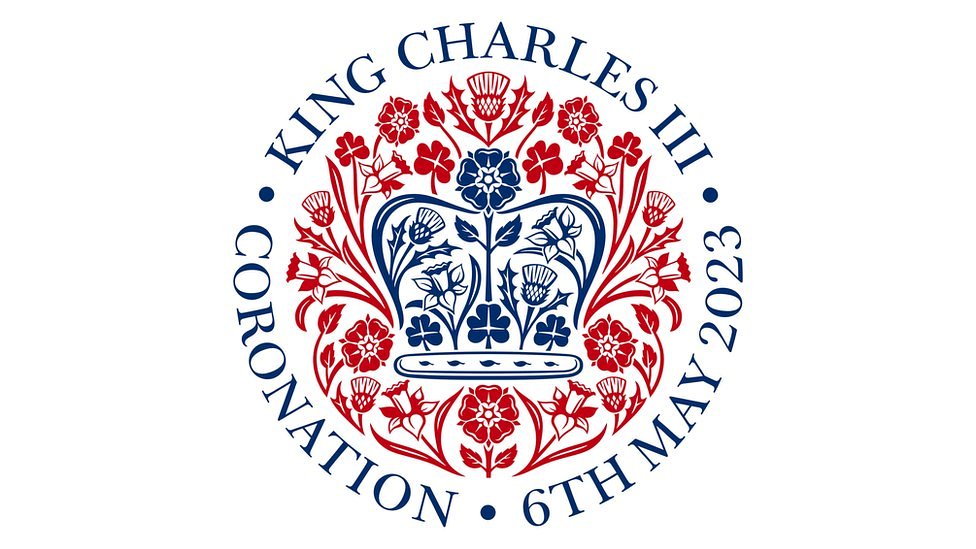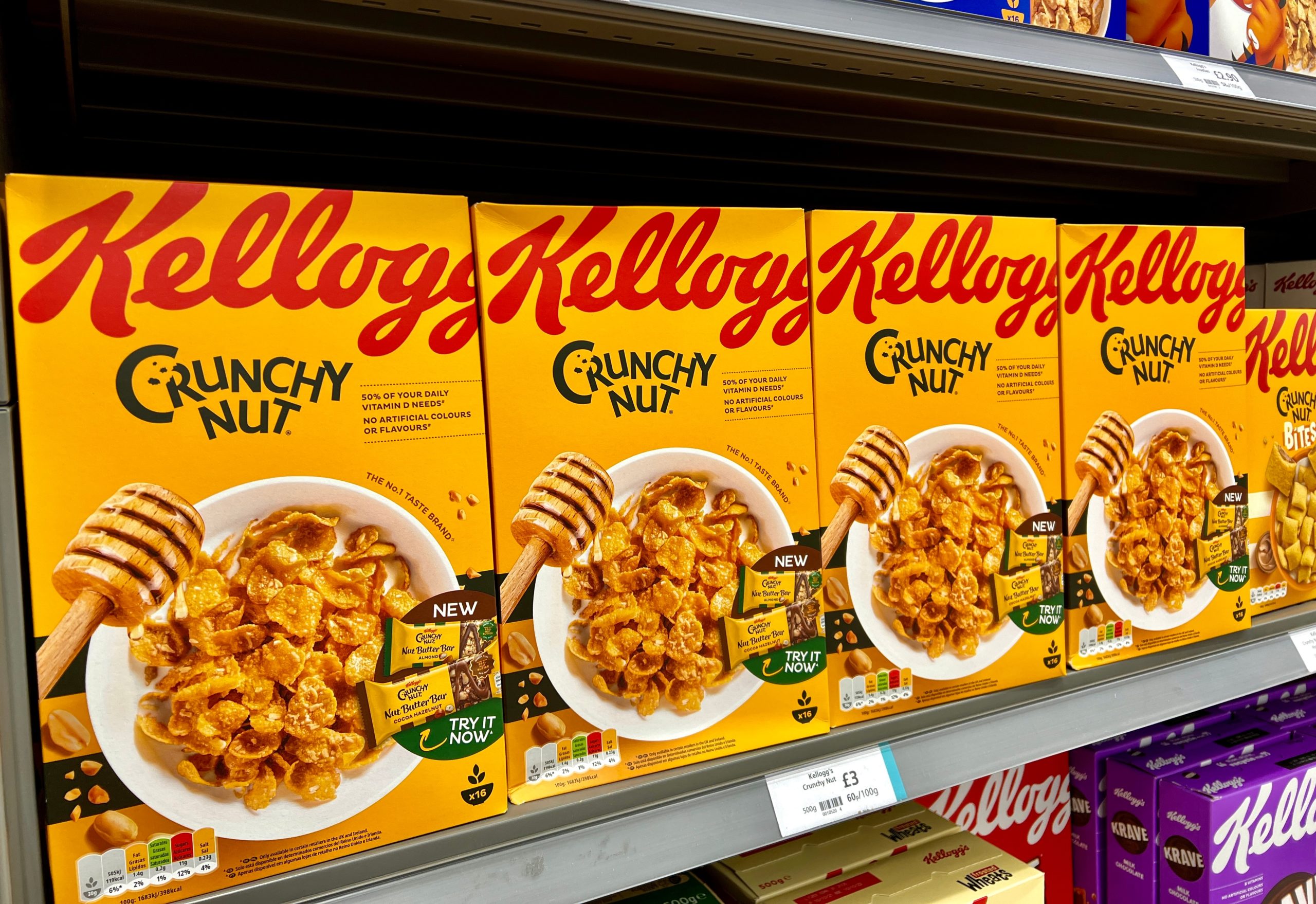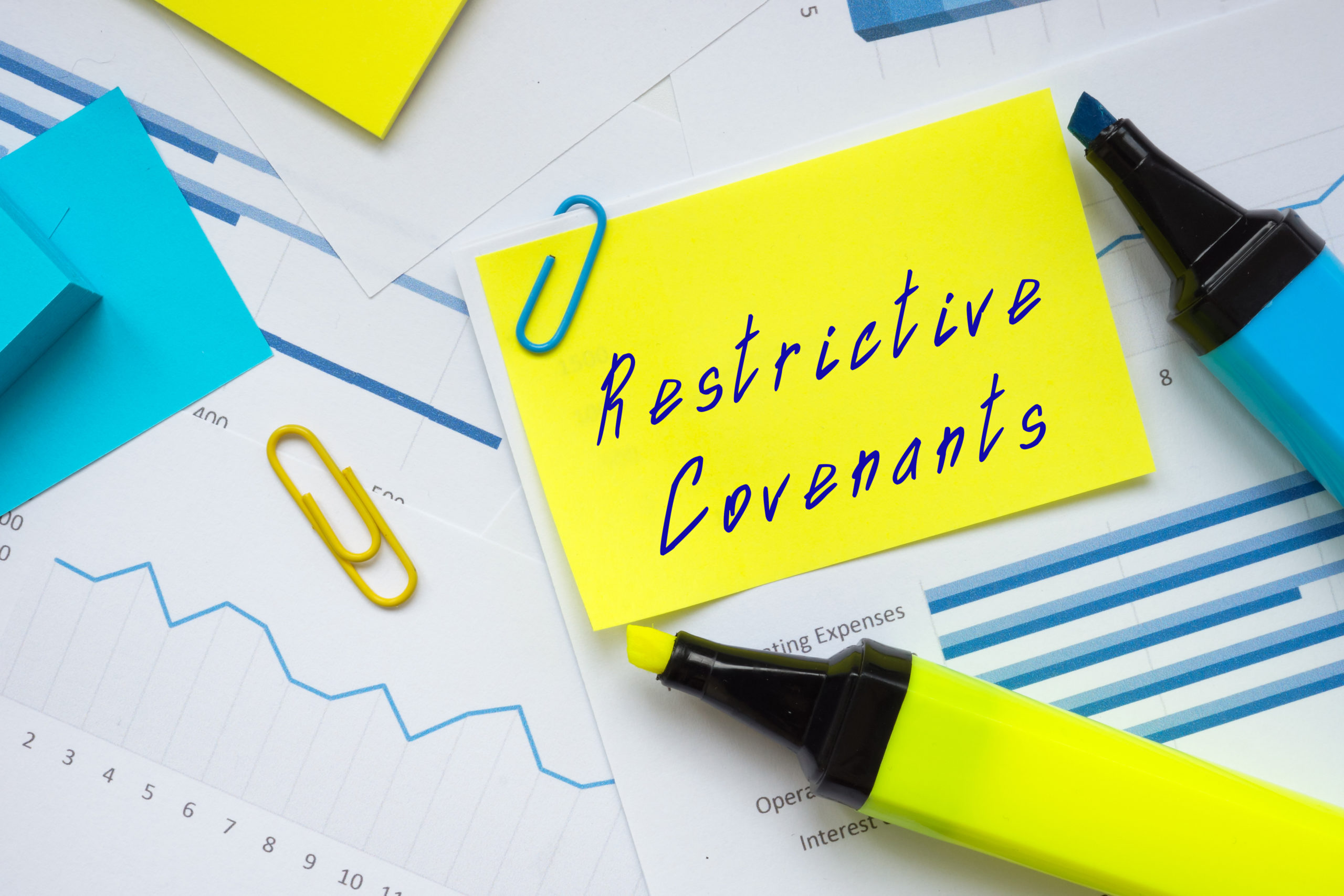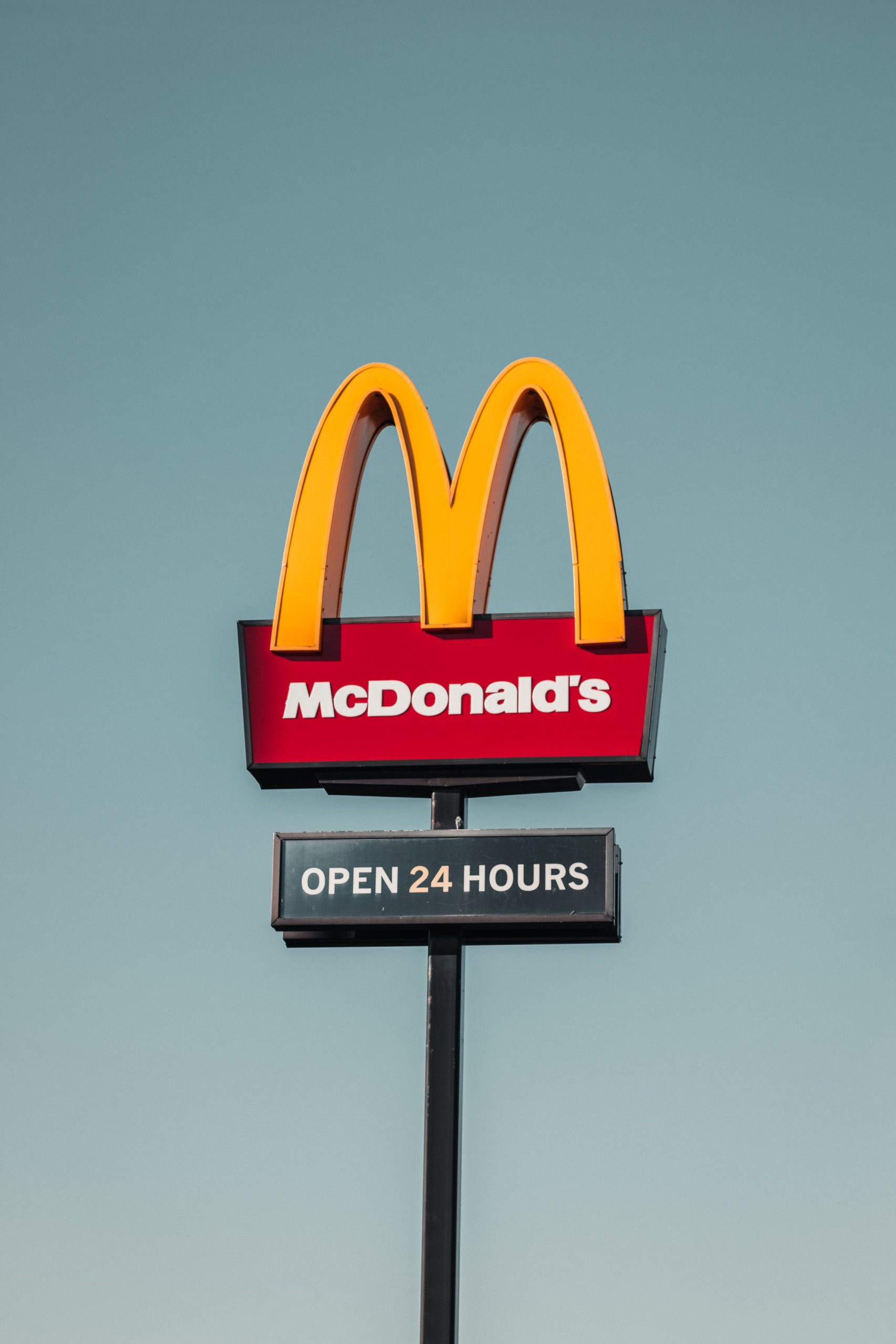New kids on the block
A busy month for competition regulators across the UK and the EU has led to the publication of two new sets of rules regarding ‘vertical agreements’. This means distribution, franchise and supply agreements essentially control how brands can design their go-to-market strategies and control the sale of their products in the UK and the EU. Here, James Corlett breaks down the key changes to be aware of.
The Department for Business, Energy & Industrial Strategy (“BEIS”) published the final version of the Vertical Agreements Block Exemption Order (“VABEO”) whilst the EU Vertical Agreements Block Exemption Regulation was published on the 10th of May (“VBER”).
We have summarised the key takeaways below.
The VABEO does not mirror the VBER so businesses operating in both the UK and the EU will need to consider two sets of rules from next week.
Key changes to be aware of:
One. It will no longer be a hardcore restriction of competition to charge a hybrid seller different wholesale prices for the products it sells in brick-and-mortar stores compared with those it sells online.
Two. Brands will be able to grant “shared” exclusivity over particular territories or customers to up to five distributors (rather than only one distributor, as before). This presents some interesting potential options for brands to overhaul their distribution system designs. This could be especially helpful where selective distribution is not appropriate, but a single distributor is not quite enough.
Three. Selective distribution criteria for brick-and-mortar partners no longer have to be 100% equivalent to the online retailer criteria. This relaxation of the rules will allow brands to apply standards for partners that are more relevant and appropriate to the channel in which they operate, which could help to ease the burden on offline network partners.
Four. VBER will continue to exempt certain information exchanges between brands with market shares of under 30% and their competing customers. The Commission has also clarified that the exemption for dual distribution will apply to more levels of the supply chain, such as importers and wholesalers, and not just retailers. The VABEO goes a little further than this still.
When do I need to act?
The New VBER entered into force on the 1st of June and applies to all new agreements from that date. Existing contracts do not need to be immediately adjusted as agreements in effect as of May 31st 2022 will continue to be exempted under the previous VBER until the 31st of May 2023. Similarly, the VABEO has a one-year transitional period and will be in force until 1 June 2028.
If you are concerned about the changes or would like to explore how you could benefit then our team is available to discuss, step-by-step, how the new laws will affect your business and to review your existing distribution arrangements.
This publication is provided for your convenience and does not constitute legal advice.
By James Corlett




